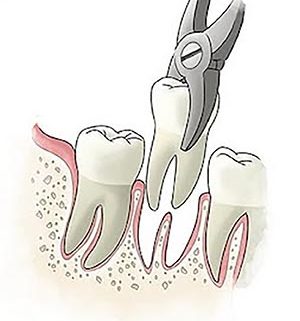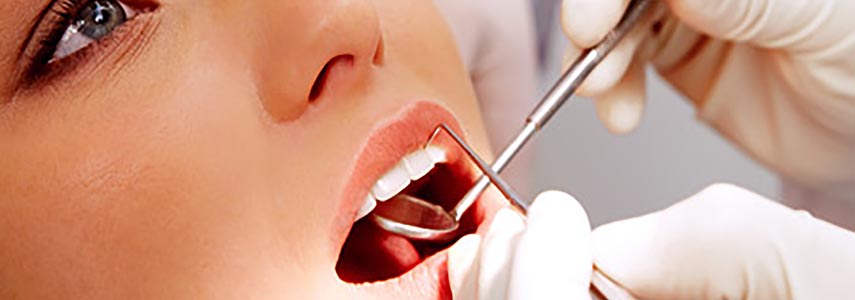Implantology it is a practice lately very popular for a series of advantages that the mobile prostheses do not guarantee and for the very low percentage of failures, so much so that many may wonder if it is not more convenient to ask your dentist to extract all the natural teeth, perhaps not of the all healthy and then replace them with dental implants and then fixed, stable and safe prostheses.
This is a question that all doctors often hear, as it gives the patient the idea that we can definitively get rid of the problem of maintenance of the oral cavity and the prevention, or even worse, of the treatment of damaged natural teeth.
In principle, of course, the answer is no, in fact a good doctor, if possible, prefers to always keep his teeth natural (biological savings) but there are some cases in which it becomes essential to extract the teeth and then proceed to insert implants.
When is it necessary to extract the teeth?
Sometimes the desire to keep the teeth as much as possible requires much more expensive costs, compared to an implantology operation, to which is also added the fact that sometimes, extracting the tooth becomes the only possible alternative, since there is no other solution. In particular, the situations in which extraction is generally required (remember that these are general indications, it is the dentist who establishes the best procedure after analyzing the specific case) are as follows:
- when the teeth are severely compromised by caries, pulpits or dental abscesses that cannot be treated with conservative therapies. Extracting the tooth becomes providential to avoid the spread of the infection;
- when the teeth are affected by untreatable granuloma or cysts, extraction is necessary in order not to affect the bone or, worse, the blood (septicemia);
- in cases of advanced pyorrhea;
- in crowded dental situations that would not improve with an orthodontic appliance;
- in cases where the patient carries out chemo-radiotherapy treatments that require extraction.
In the cases we have just described a conservative intervention would do nothing but let the pathology spread, thus aggravating the situation; but that’s not all: it could also happen that the natural tooth, saved without having to resort to the implant, gets sick again, causing a new and expensive expense for the patient, and, moreover, a lot of worry and frustration. With the development of implantology, however, in the cases that allow it, the patient would finally smile again, by means of a safe operation, since the cases of failure in implantology are few and often remediable, but also lasting over time, which would avoid expenses unnecessary and long-lasting therapies.
Conclusion
If you have a problem with your teeth and after a careful visit you have discovered that they are affected by one or more diseases we have just talked about, then the extraction and insertion of implants will be the only way forward; however, if there is a viable alternative that can keep the natural teeth for a sufficiently long period, then the doctor will likely prefer a conservative approach. However, there is no written rule or particular protocol that imposes one choice on the other; we talk about health and everything is delegated to the experience of the doctor who will evaluate the specific case. The goal will be to reach the best cost / benefit compromise (costs: economic, biological, psycho-physical, etc.)
















